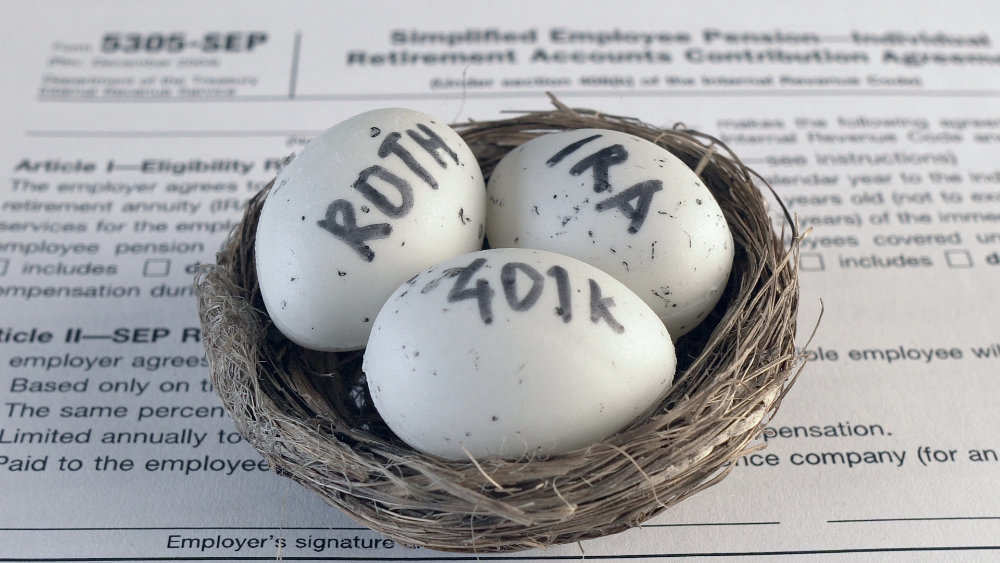11 Ways to Help Fund College Tuition
October 9, 2025
The rising cost of college has become one of the most pressing financial challenges for families. Parents want to give their kids the best opportunities, yet tuition bills can rival a mortgage. Even students who work part-time or earn scholarships often come up short. Covering tuition isn’t about finding one magic solution. It’s about combining several strategies—some well known, others less obvious—that, when pieced together, make the cost of higher education more manageable.
1. Savings Plans With Long-Term Benefits
Families who start early often turn to 529 savings plans. These accounts allow contributions to grow tax-free as long as the money is used for educational expenses. Many states, including those with their own sponsored plans, also offer tax deductions or credits for contributions. Even modest monthly deposits add up, especially when compounded over a decade or more. A 529 is predictable, structured, and flexible enough to cover tuition, books, and even room and board.
2. Scholarships and Grants: Free Money on the Table
Scholarships and grants remain the most attractive form of aid because they don’t need to be repaid. They come from universities, community organizations, private companies, and even niche associations that focus on specific interests or backgrounds. Applying for multiple scholarships may take time, but the payoff can be thousands of dollars less in student debt. Families should treat the application process like a part-time job—it requires persistence but delivers results.
3. Federal Aid and Loans
Filing the FAFSA is a non-negotiable step. It’s the gateway to Pell Grants, subsidized loans, and work-study opportunities. While grants are ideal, federal loans are often unavoidable. These loans generally carry lower interest rates than private ones and come with repayment options that adapt to income levels after graduation. Families should maximize federal aid before considering private borrowing, which can be less forgiving.
4. Private Loans Used With a Grain of Caution
Private lenders help close the gap when other funding sources aren’t enough. They can be useful, but they also come with strings: variable interest rates, limited repayment flexibility, and stricter credit requirements. Anyone considering a private loan should compare terms carefully and resist the temptation to borrow more than absolutely necessary.
5. Using Whole Life Insurance as a Funding Source
One less conventional approach involves whole life insurance policies. These policies accumulate cash value over time, which policyholders can borrow against to help cover tuition. Unlike other assets, the cash value in a whole life policy typically doesn’t need to be reported on student loan applications. That can be an advantage for families who want to maximize eligibility for financial aid while still building a financial safety net. It’s not the right option for everyone, but for those already holding policies, it’s worth exploring.
6. Work-Study and Campus Employment
For students, earning money while in school can lighten the load. Federal work-study programs provide part-time jobs that not only bring in income but often tie into academic or career interests. Campus employment outside work-study can be just as helpful. These jobs rarely cover large portions of tuition, but they ease day-to-day expenses and reduce reliance on loans.
7. Moving Colleges Strategically
Another clever tuition cost-saving tactic is to complete general education requirements at a small local college or community college, where tuition is often a fraction of the cost. After two years, transferring to a larger, more prestigious university allows students to graduate with the same degree—at a significantly lower overall price.
8. Employer Tuition Assistance
Some employers offer education benefits, either for their employees or dependents. These programs might cover part of tuition, reimburse classes related to career advancement, or provide scholarships through corporate foundations. Larger corporate employers are more likely to offer this benefit.
9. Tax Credits That Ease the Burden
The IRS offers credits that reduce the tax liability of families paying tuition. The American Opportunity Tax Credit and the Lifetime Learning Credit are two key examples. Used properly, they can save households thousands over a student’s academic career. The rules are complex, though, which makes working with a CPA valuable. Missteps in claiming credits can result in missed opportunities—or worse, IRS penalties.
10. Drawing on Savings or Investments
Some families use taxable investment accounts, CDs, or other savings vehicles to cover expenses. The advantage here is flexibility—there are no restrictions on how the money is spent. The downside, of course, is that tapping into savings can derail retirement planning if not done carefully. Families must weigh whether draining assets today is worth the long-term cost tomorrow.
11. Creative and Practical Approaches
Beyond traditional funding, there are creative options. Some families negotiate tuition payment plans directly with colleges, spreading payments across the semester instead of paying one lump sum. Others redirect windfalls like tax refunds or bonuses straight into tuition payments. Downsizing living expenses during college years, or taking on temporary part-time work, can also ease the pressure. These approaches won’t eliminate costs, but they can make them manageable.
The Role of Professional Guidance
With so many moving parts—savings, aid, loans, credits, and alternative funding sources—it’s easy for families to feel overwhelmed. A CPA can help piece together a strategy that balances short-term tuition needs with long-term financial stability. For instance, they can evaluate whether to pull from retirement savings, how to maximize tax credits, or whether using a whole life insurance policy makes sense for a family’s unique situation. Professional advice ensures families avoid financial blind spots.
Pulling It All Together
Families that combine savings, scholarships, strategic borrowing, and creative tools like tuition transfer plans or whole life policies put themselves in the strongest position. The most important step is starting early, even if contributions are small, and adjusting along the way as circumstances change.
College may never be cheap, but it doesn’t have to be financially crippling. With planning, persistence, the right mix of strategies, and the help of a good CPA, students can still get the education they yearn for without leaving families buried under heavy debt.
by Kate Supino









